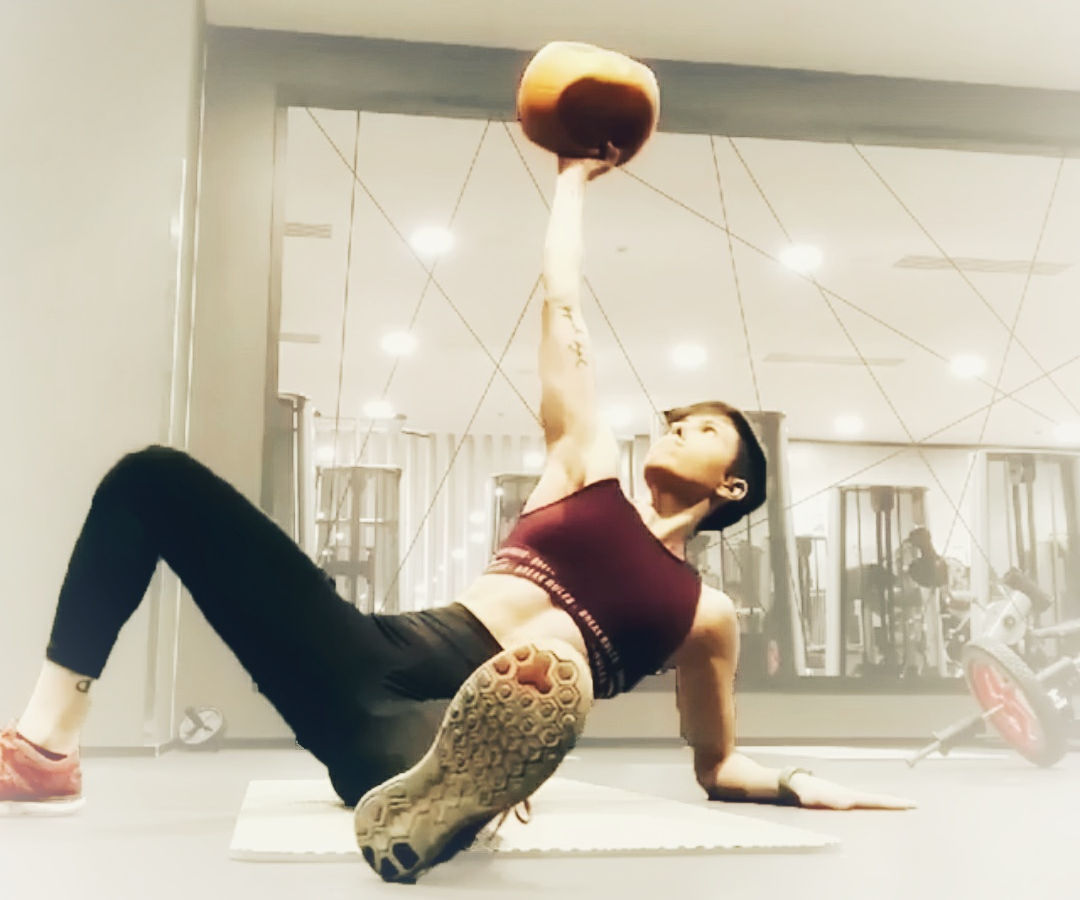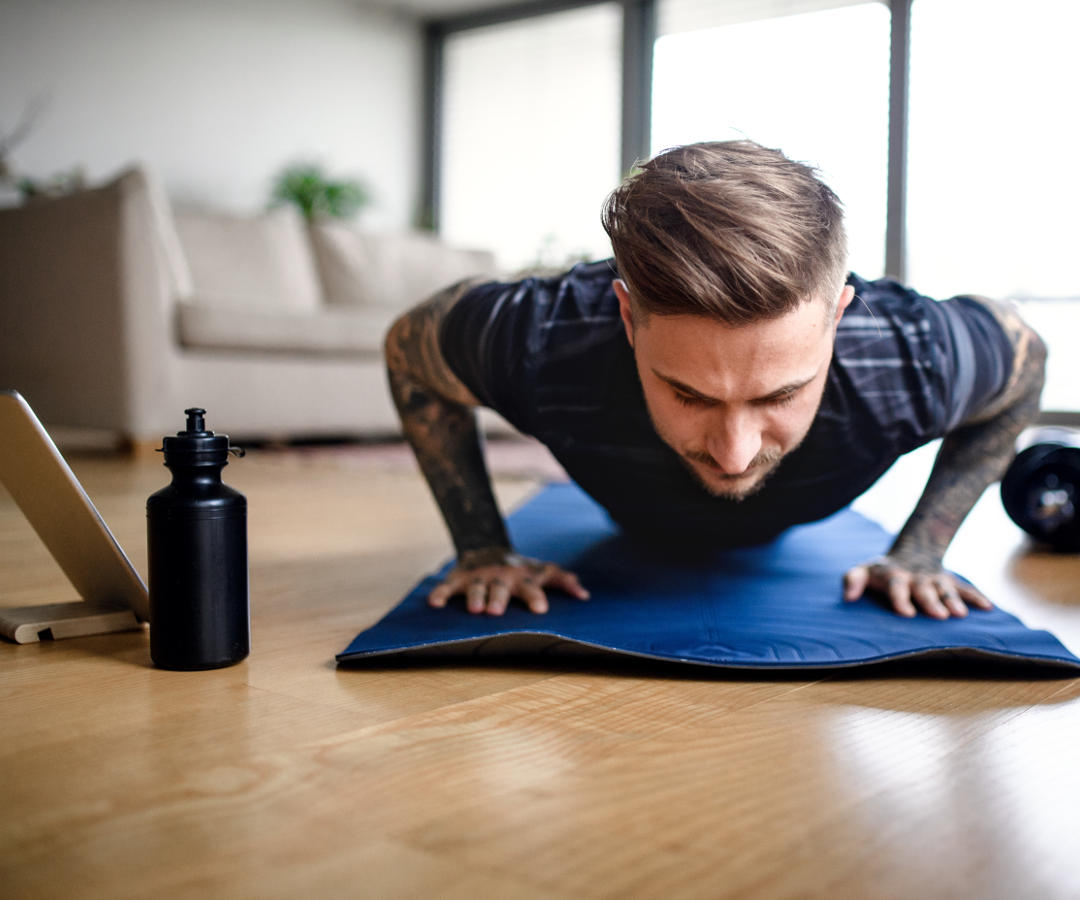Maxifisio offers all services in person and online. For more information please contact us and visit our class timetable.
If you need a Personal Training session do not hesitate to book with Maxifisio. All sessions last 55 minutes, working with English speaking physiotherapist and sports therapist Clara Moreno, who will guide you during the session and adapt the workout to your personal needs and goals.
Maxifisio offers private Personal Training sessions (one-to-ones and duets) in the El Viso area of Madrid, however given the coronavirus pandemic we are also offering our Personal Training sessions online.
Online personal training can help you if you are currently affected by a lockdown in your area, if you are in quarantine or isolation, or if you simply want to avoid exposing yourself to COVID-19. It can also help you as part of your recovery after suffering a COVID-19 infection. During the initial online consultation we will conduct a personal interview to find out your goals, your habits, time available to train and if you have or have recently suffered an injury to take into account for your training. At the end of the session, we will email you your personal training plan.
For more information on our online sessions or any other questions please contact us.



